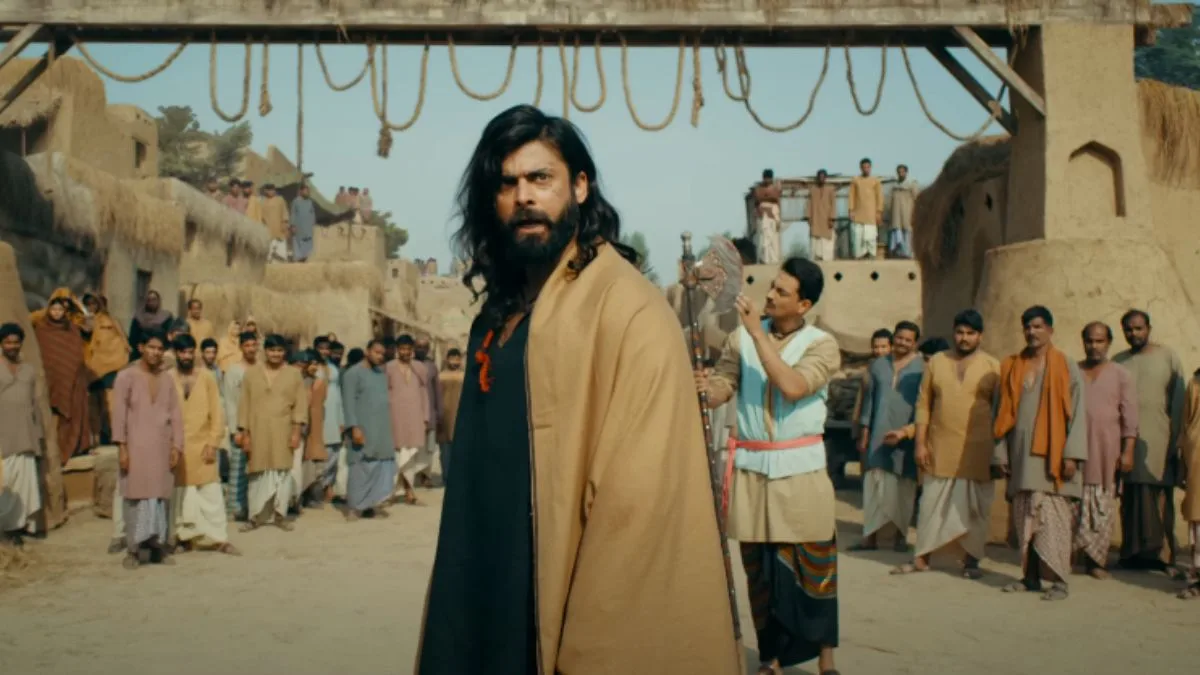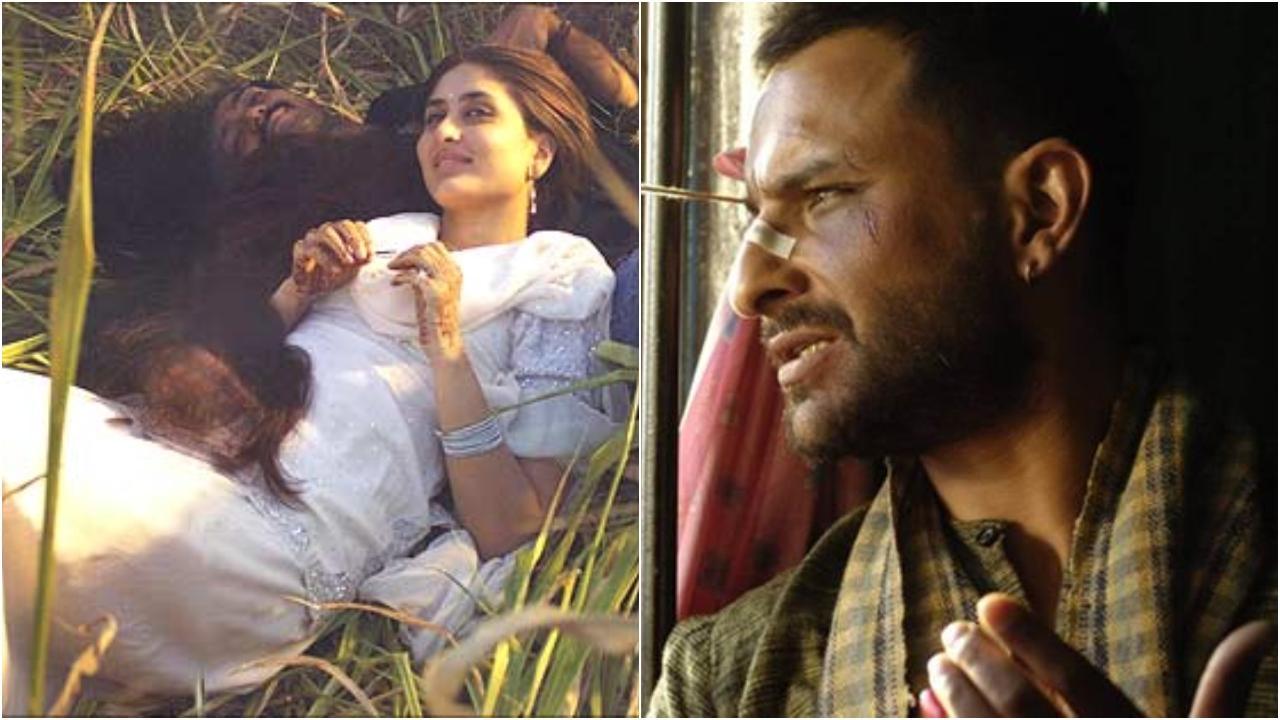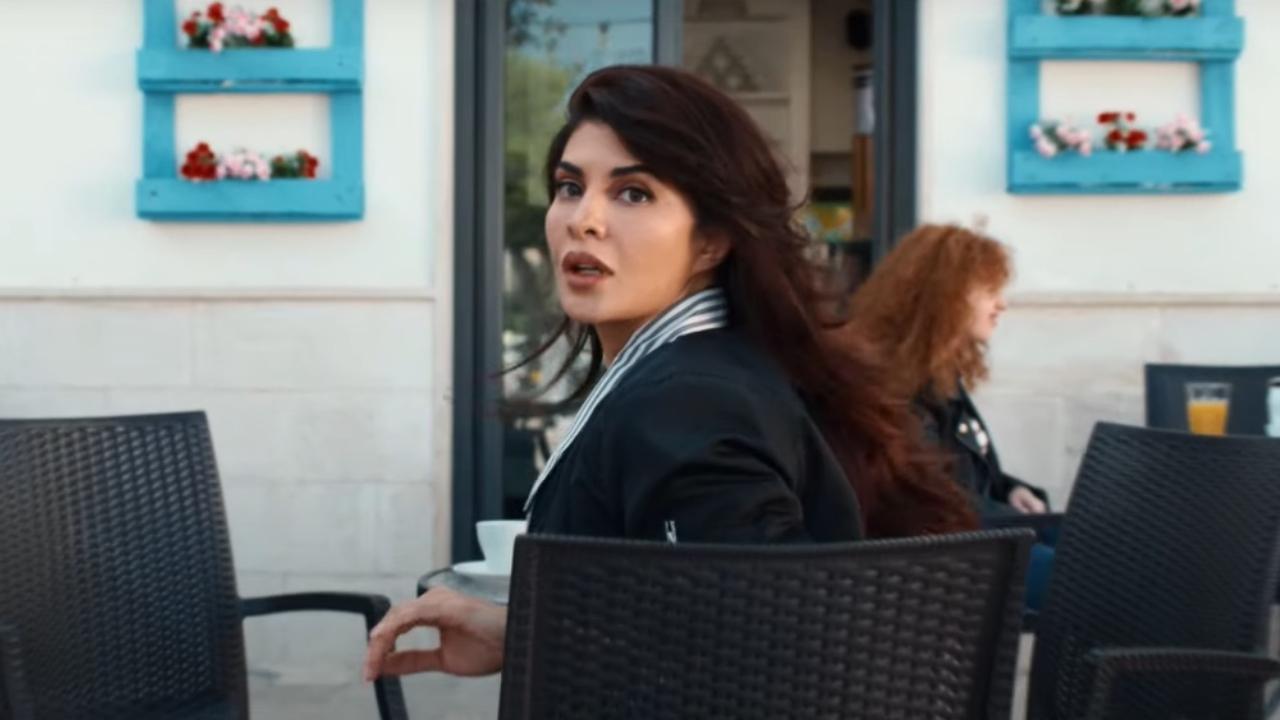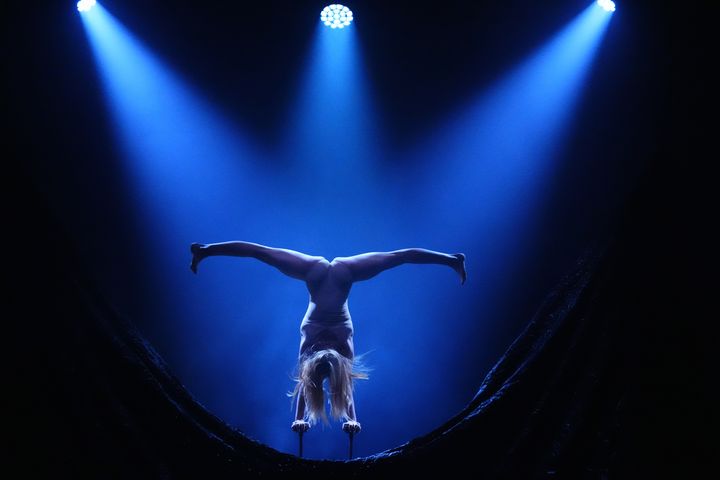The music video for Seventeen's new song "Maestro," released in April, includes scenes thought to be created using artificial intelligence tools. Captured from Seventeen's music video BBC article sparks controversy in K-pop industry By KTimes A sentence in a BBC news article stirred up the Korean music industry on July 11. The article, titled "Will K-Pop's AI Experiments Pay Off?" highlighted the increasing use of AI in Korean music production, focusing on the group Seventeen.
The BBC noted that the music video for Seventeen's new song "Maestro," released in April, featured graphics seemingly generated by AI. It also suggested that AI might have been used in the songwriting process, citing member Woozi's comments about "experimenting" with AI in music creation. Following the BBC report, Seventeen quickly denied these claims.

Woozi, the group's member and a producer, said on his Instagram on July 14, "All of Seventeen's music is written and composed by human creators." Fans of Seventeen expressed their frustration by copying Woozi's message in the comments section of the "Maestro" music video. After Pledis Entertainment requested a correction, the BBC removed the part of the article mentioning AI's involvement in songwriting.
K-pop boy band Seventeen / Courtesy of Pledis Entertainment AI-created content and copyright issues While the BBC's report on Seventeen was resolved as a misunderstanding, it underscored the growing use of AI in content creation in the music industry. AI-based music production programs are now readily available, allowing even amateurs to create songs and write lyrics easily. However, this rise in AI-generated content has brought significant copyright concerns.
Artists, composers and lyricists are increasingly worried about AI encroaching on their domain. Currently, there are no legal standards, making disputes inevitable. According to the Korean Copyright Act, a work is defined as "a creative production that expresses human thoughts and emotions.
" For songs, copyright is granted if the sound recording is recognized as a work, and only then can it be registered with the Korea Music Copyright Association (KOMCA). Registered songs can generate revenue from streaming. Music created by AI is not recognized as a work since the creator is not "human.
" For instance, in 2022, AI composer EvoM had six of its songs registered with KOMCA, but their copyright payments were later suspended when it was discovered that the compositions were AI-generated. Since AI-created songs are not legally considered works, they are not protected from replication or plagiarism. The AI rendition of IU's song "Hold My Hand," sung in the voice of Queen's Freddie Mercury, has gained popularity on YouTube, amassing 1.
75 million views. Captured from Youngwoodesu's YouTube channel Vague legal standards The issue becomes more complex when humans and AI collaborate on a song. There are no legal standards yet to determine whether a song with mixed contributions can be recognized as a work.
A KOMCA official said, "If there is a human contribution to the creation, there is a trend of recognizing some copyright, but setting the criteria is challenging. Legal standardization is urgently needed." As of now, there are no registered songs created jointly by humans and AI with KOMCA.
AI is also encroaching on the domain of human vocal performances. Recently, AI-generated "cover" songs, where AI mimics a particular singer's voice, have gained popularity on platforms like YouTube. For instance, AI technology has been used to recreate the voice of the band Queen's Freddie Mercury to sing IU's "Hold My Hand.
" While it's impossible for Mercury, who died in 1991, to cover a song released 20 years later, AI has made this fantasy a reality. Fans have praised these AI covers for their uncanny resemblance to the original artist's voice. A video of AI Freddie Mercury covering "Hold My Hand" uploaded a year ago has amassed 1.
75 million views. Other popular AI covers include AI Park Hyo-shin's "Let's Break Up" (1.31 million views), AI Lim Jae-bum's "Hype Boy" (880,000 views) and AI IU's "Night Flower" (870,000 views).
None of these songs were actually sung by the artists. The AI-generated rendition of singer BIBI's song "Bam Yang Gang" sung in the voice of IU has garnered 870,000 views. Captured from Spot-AI-fy's YouTube channel Difficulty in arguing infringement This raises concerns about the potential infringement of the original singer's rights.
Copyright law protects the voice of the singer under the concept of "neighboring rights." Unauthorized replication and commercial use of a singer's voice constitute an infringement of these rights. However, Han Sang-eun, a patent attorney, said, "AI cover songs do not replicate the singer's voice directly but use deep learning to produce a highly similar output, making it difficult to argue infringement under current laws.
" Other legal frameworks that prohibit the unauthorized use of widely recognized and economically valuable indicators like names, portraits and voices might not apply either. Attorney Kim Han-kyu of the law firm Gonggan said, "The Unfair Competition Prevention Act is designed to regulate counterfeit goods in commerce, so its application to AI cases is uncertain." However, he added, "Since AI gives the public the impression that the singer performed the song, the original singer could potentially seek civil damages for infringement.
" There are numerous AI-based music composition programs available on the market that are easy for anyone to use. Gettyimagesbank 'Predatory use of AI' In response to these developments, artists have expressed their displeasure. Singer Jang Yoon-jeong commented on her YouTube channel in March, "If AI covers songs, why do we even need to record? They could just sell AI-generated tracks with our voices," voicing her frustration.
Globally, over 200 prominent artists, including Billie Eilish and Katy Perry, signed a public letter from the Artist Rights Alliance in April, urging tech companies to prevent the "predatory use of AI" that appropriates artists' voices. They called on these companies to promise not to develop AI music generation tools that undermine artists' creativity or deny them fair compensation for their work. Despite the controversy, the market for AI-generated music content is rapidly expanding.
Market research firm Market.us projects that the global AI music generation market will grow from $229 million in 2022 to $2.66 billion by 2032, a more than tenfold increase.
This article from the Hankook Ilbo, sister publication of The Korea Times, is translated by generative AI and edited by staff of The Korea Times..



















